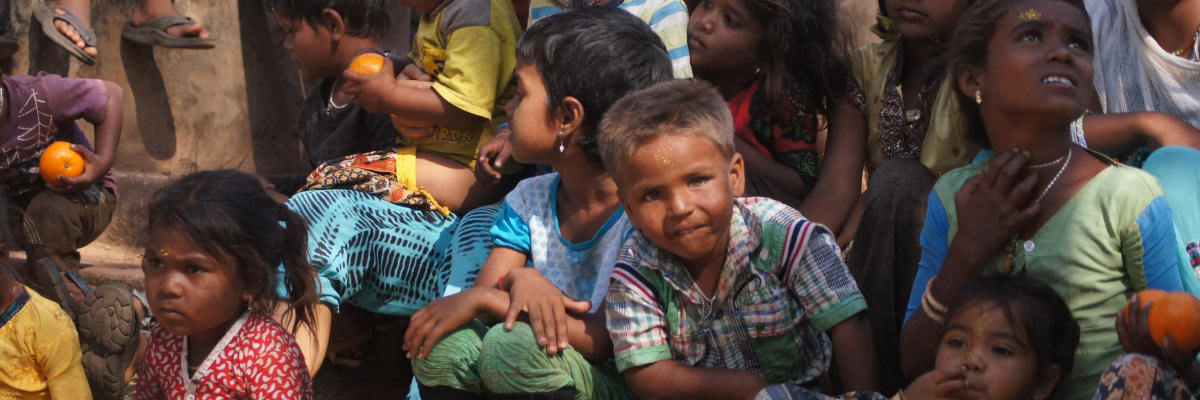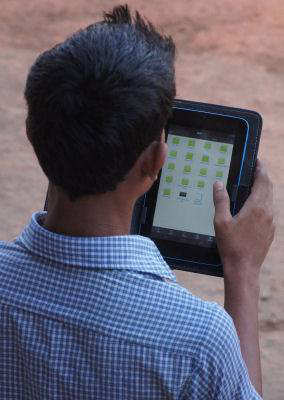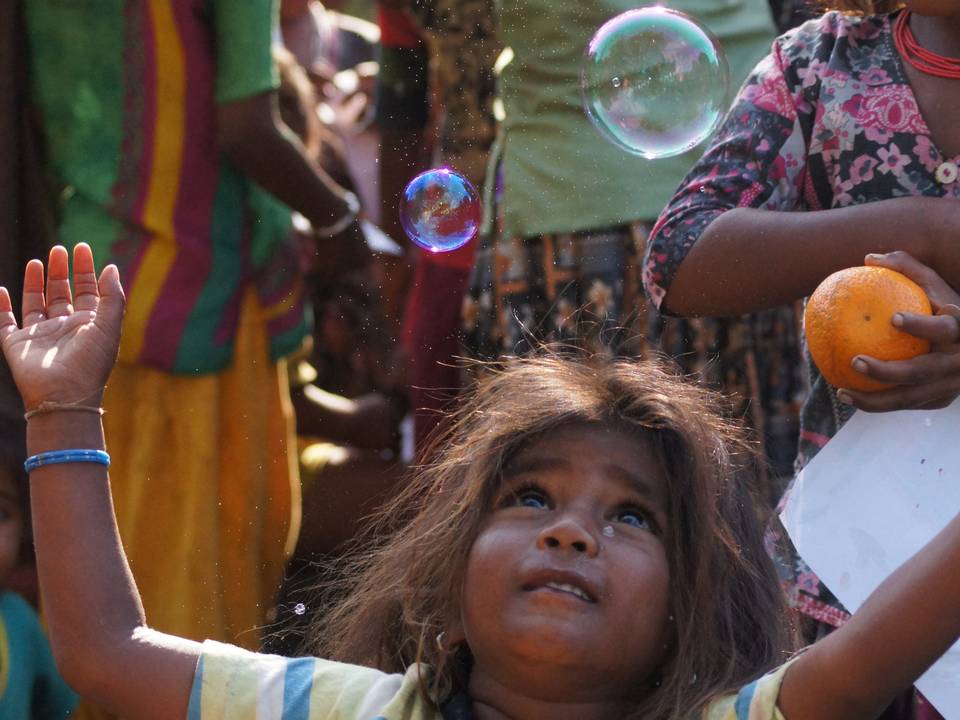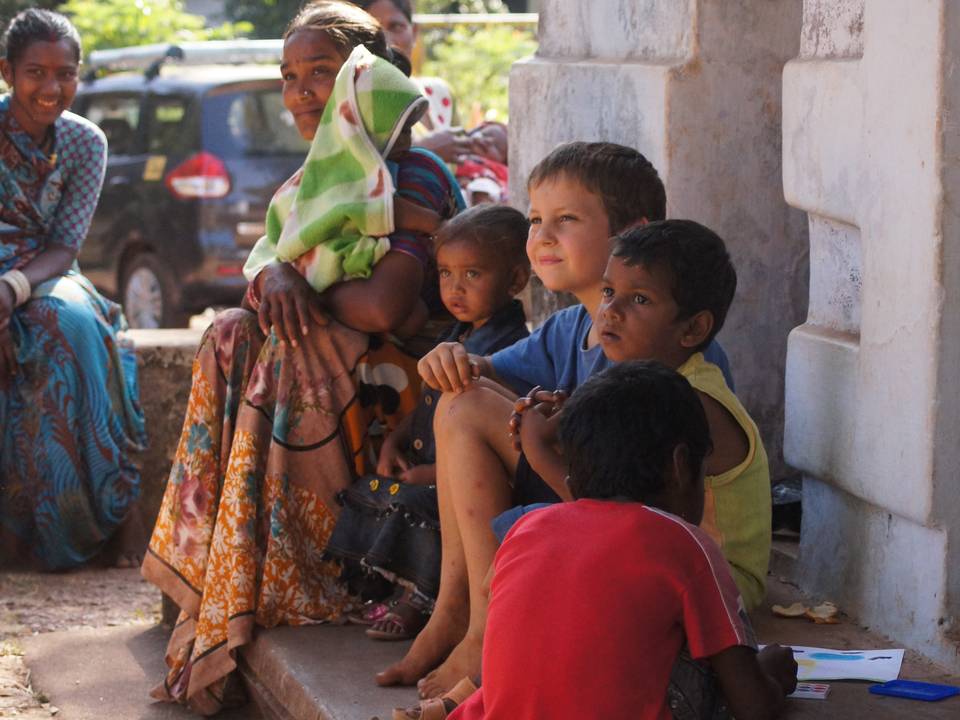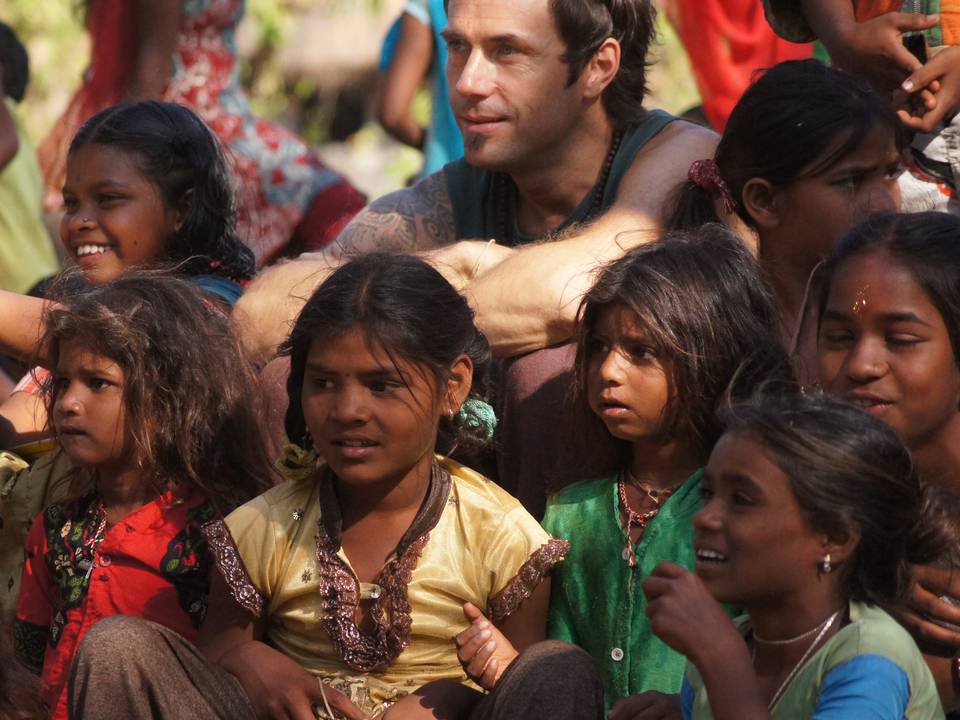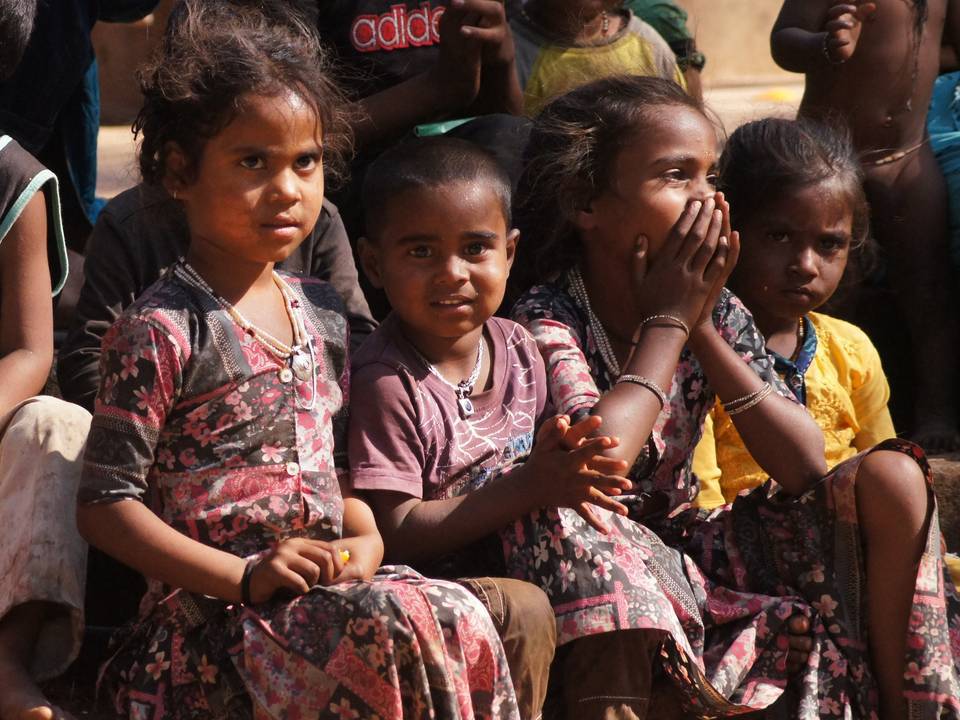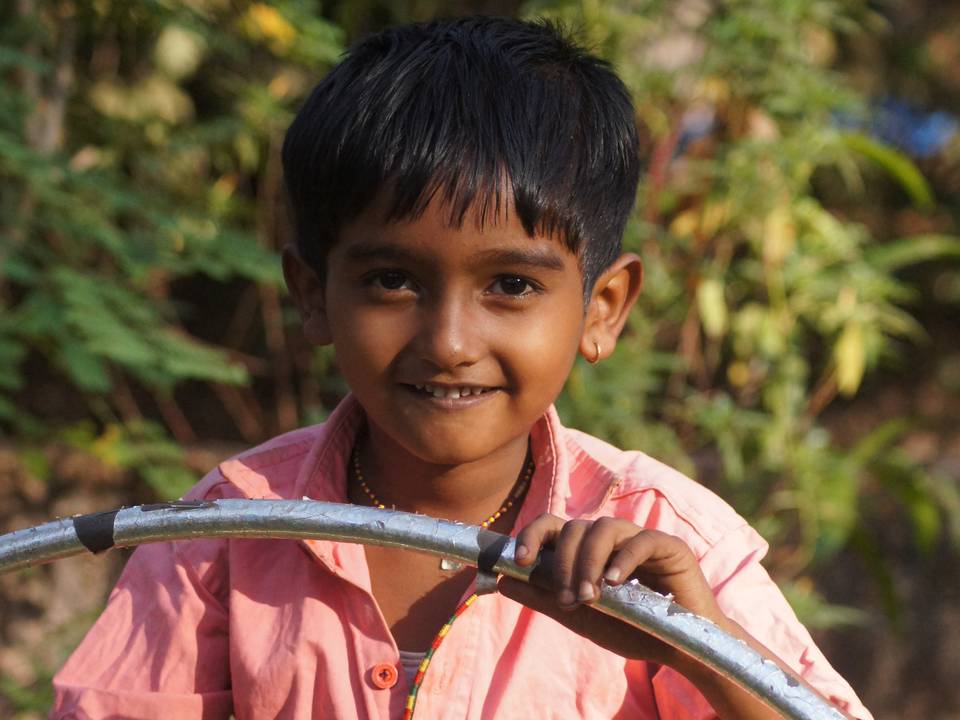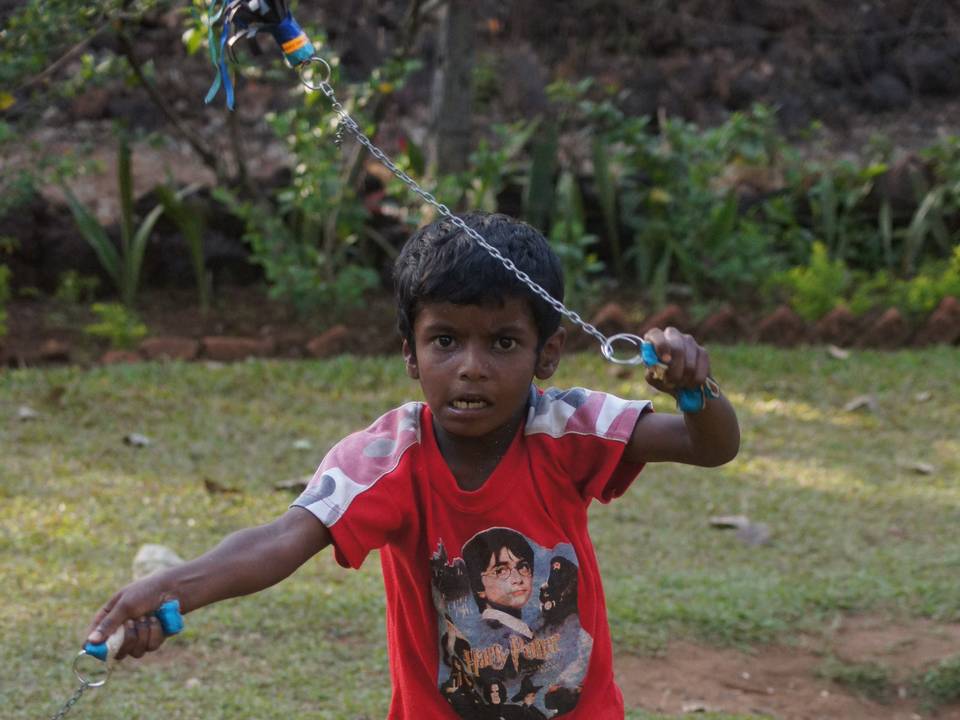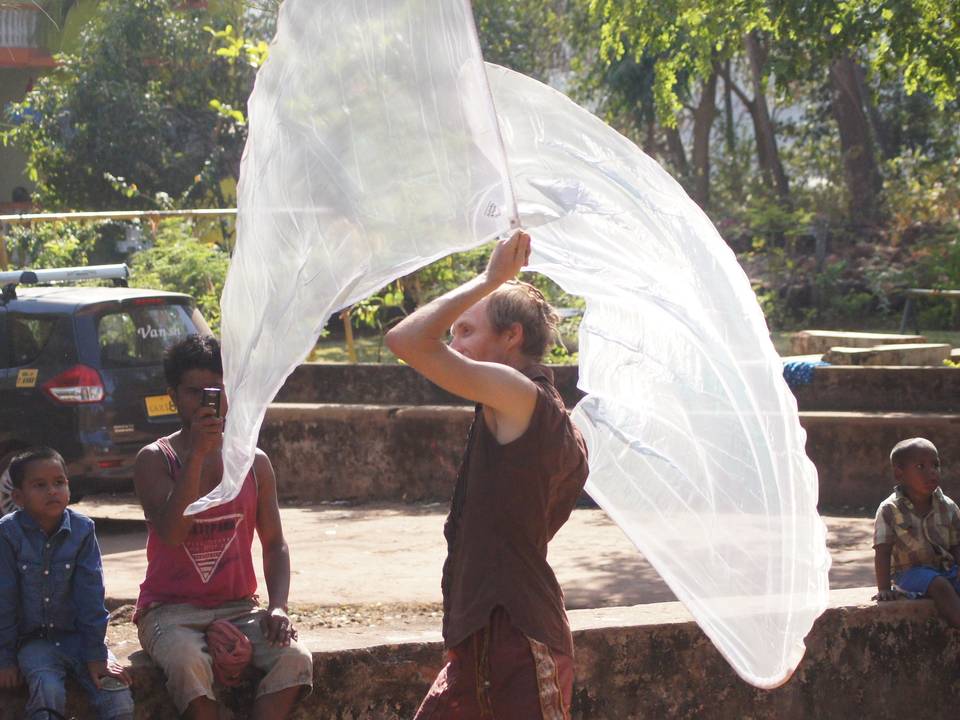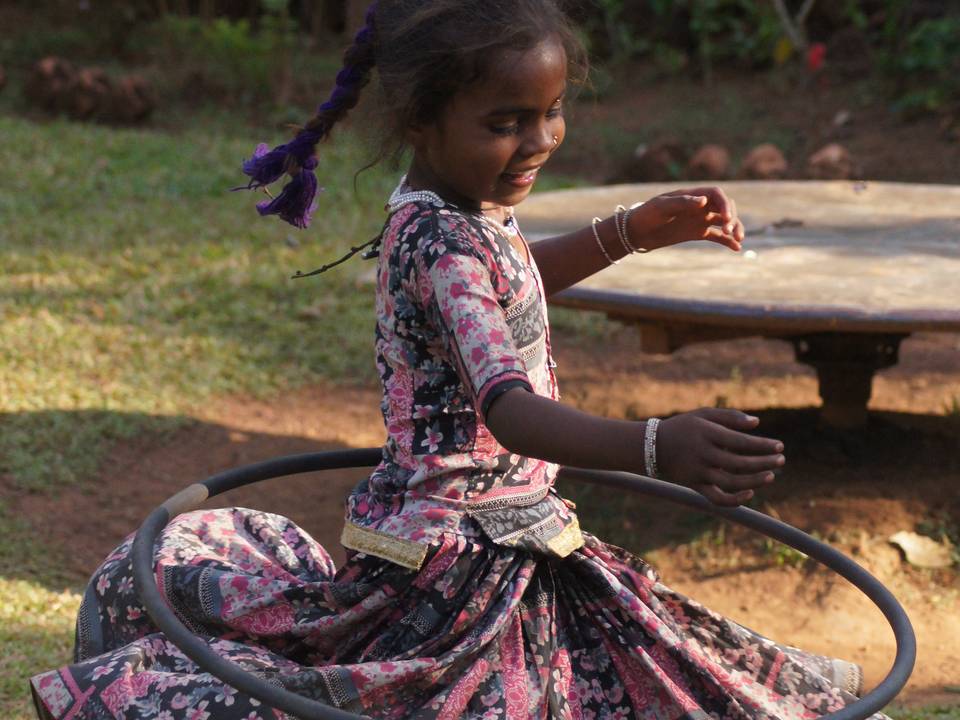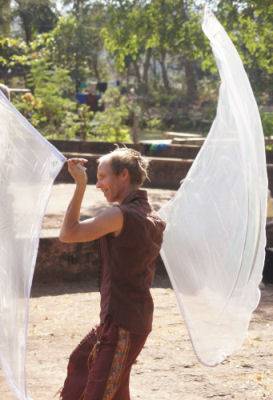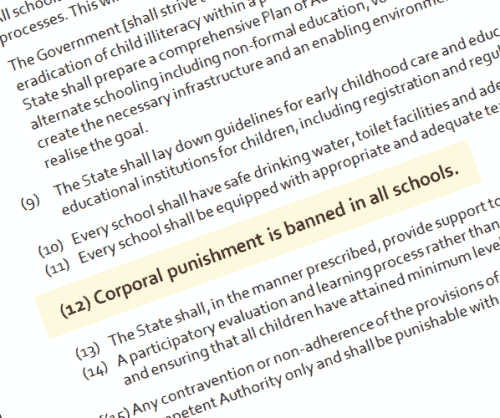Forcing Children Out Of Education And Into Marriage
, Mapusa, Goa, India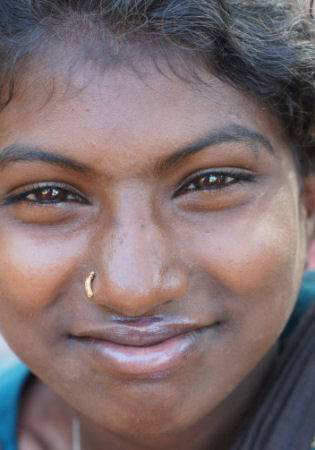
Children's lives are often short lived in India. It has been reported recently that 309,000 Indian babies die on the day they are born. For the children that do survive, their childhood is often taken from them and they are often denied an education; this is especially the case for girls.
Of the girls who do manage to attend school, their educational path is often short lived, as when they start to mature, they are taken out from school so that they can be married off.
On one occasion recently, Robert was visiting a school when Rukmani, one of the girls came to him in distress. Her half brothers had come from the home village wanting to remove her from school and take her and her younger siblings back to the village. This seemed particularly bad timing as it was just a month before the end of term. It is quite common for teenage girls, especially Muslim/ Hindu girls to be taken out from school in their teens. What made things worse is that she did not even know the two men (half brothers) who were both in their 20's/30's, and Rukmani was terrified as she knew she would have to leave her education, friends and that she would be forced into marriage with a man not of her choice. One of the brothers said "when girls are 12 years old they, should stay at home".
Robert had known and helped Rukmani since she was 7 or 8 years old. He helped Rukmani and her siblings get into school. Rukmani is now a well spoken teenager and has a good grasp of the English language. She is studying in 9th standard and has become an independent young woman.
Ruckmani's education has progressed slowly on account of her late start and the poor support from her family. Her father has given little support to the family due to his drinking and abusive habits. Her mother, who admits that she was made to marry at too young an age to an abusive husband, and was herself uneducated, cannot see any option other than to agree to the same sort of future for her own children.
Thankfully, as Rukmani has acquired some education, she has gained some self worth and confidence, which is often stripped from young girls from overbearing family members, who want to take away any rights and options from their children.
Rukmani was unwilling to leave school and wanted to stay in Goa and finish her education. She spoke with her half brothers (from her fathers' first marriage) who were insistent, and determined to take her with them back to the home village. Thankfully Robert and several of her school friends were there to speak out for Rukmani, who had no intention of leaving with them.
Robert contacted Child Line and spoke with social workers about the issue. The Child Line social workers spoke at length with Rukmani and her family to see if a solution could be found where she could continue in school. The negotiating went on for two hours, both sides not willing to budge. The brothers finally got hungry and went for lunch and Rukmani continued to speak to Robert, teachers, friends and Child Line, looking to find the best course of action.
Her half brothers left the same day without Rukmani back to their village, but before they went, they locked most of Rukmani's clothes and belongings in a metal cupboard so she could not access them, and took away the keys.
I am glad to report that Rukmani is continuing at school and has met up with her mother on a couple of occasions. Sadly, her two younger siblings are already in the village and two more have been in and out of school the last week.
We hope that Rukmani has the support from friends, and preferably family, to allow her to continue her education for the foreseeable future. This will enable her to become a stronger and more able young women. She, of course, will have our continued support, as we strongly believe in children's right to education, the right to chose and to be heard.
*Names and Photo have been changed for Child Protection Reasons.
